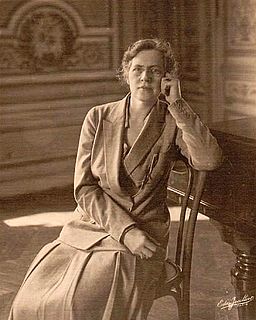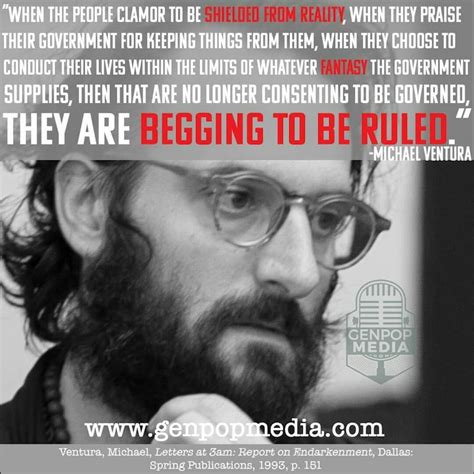A Quote by Henri Matisse
Everything that we see in our daily lives is more or less distorted by acquired habits and this is perhaps more evident in an age like ours when cinema posters and magazines present us every day with a flood of ready-made images which are to the eye what prejudices are to the mind. The effort to see things without distortion demands a kind of courage; and this courage is essential to the artist, who has to look at everything as though he were seeing it for the first time.
Quote Topics
Acquired
Age
Artist
Cinema
Courage
Daily
Day
Demands
Distorted
Distortion
Effort
Essential
Every
Every Day
Everything
Evident
Eye
First
First Time
Flood
Habits
Images
Kind
Less
Like
Lives
Look
Made
Magazines
Mind
More
More Or Less
Our
Ours
Perhaps
Posters
Prejudices
Present
Ready
Ready-Made
See
Seeing
Things
Though
Time
Us
Were
Which
Without
Related Quotes
Everything that happens in my day is a transaction between the external world and my internal world. Everything is raw material. Everything is relevant. Everything is usable. Everything feeds into my creativity. But without proper preparation, I cannot see it, retain it, and use it. Without the time and effort invested in getting ready to create, you can be hit by a thunderbolt and it'll just leave you stunned.
The practice of Zen mind is beginner's mind. The innocence of the first inquiry—what am I?—is needed throughout Zen practice. The mind of the beginner is empty, free of the habits of the expert, ready to accept, to doubt, and open to all the possibilities. It is the kind of mind which can see things as they are, which step by step and in a flash can realize the original nature of everything.
I know everything, you see,' the old voice wheedled. 'The beginning, the present, the end. Everything. You now, you see the past and the present, like other low creatures: no higher faculties than memory and perception. But dragons, my boy, have a whole different kind of mind.' He stretched his mouth in a kind of smile, no trace of pleasure in it. 'We are from the mountaintop: all time, all space. We see in one instant the passionate vision and the blowout.
Fearlessness may be a gift but perhaps more precious is the courage acquired through endeavour, courage that comes from cultivating the habit of refusing to let fear dictate one's actions, courage that could be described as 'grace under pressure' - grace which is renewed repeatedly in the face of harsh, unremitting pressure.
In any age courage is the simple virtue needed for a human being to traverse the rocky road from infancy to maturity of personality. But in an age of anxiety, an age of herd morality and personal isolation, courage is a sine qua non. In periods when the mores of the society were more consistent guides, the individual was more firmly cushioned in his crises of development; but in times of transition like ours, the individual is thrown on his own at an earlier age and for a longer period.
It is so much easier to rest contented with what we have already acquired than to change ever so slightly those routine but profound habits of thought and feeling which govern our life, and by which we live so blissfully. This mental inertia is, perhaps, our greatest enemy. Insidiously it leads us to assume that we can renew our lives without renewing our habits.
Our problems are both acute and chronic, yet all we hear from those in positions of leadership are the same tired proposals for more government tinkering, more meddling and more control---all of which led us to this state in the first place... We must have the clarity of vision to see the difference between what is essential and what is merely desirable, and then the courage to bring our government back under control and make it acceptable to the people.
Courage can't make you an artist, but without that courage, you won't remain one for long. First is the courage to be alone in the room where you create, and the courage to face that indefinitely, with no one to say if you are any good or not. Then, there is the courage to follow your work wherever it's going to take you. And the courage to fight for your work.
You are in front of your brother, but your mind is on many other things, so you don’t really see your brother. Maybe he is having some trouble, but you don’t see it, not even when you share the same room. But mindfulness brings you there, to the present, and then you see. Train yourself all day long to bring your mind to your body and to be present with your food, your friends, your work, everything, because the more you concentrate, the deeper you will see.
Kevin Feige and I have very smart people who work for us, who make sure that we see everything. And that we actually see everything. They see everything, tell us about it, we see it. You have to have people who work with you, who say 'you have to look at this film'. And then you look at it. You really have to look at it. You have to look at movies all the time.







































